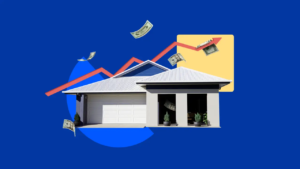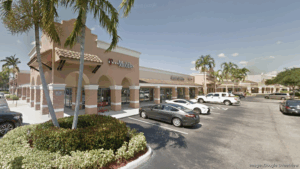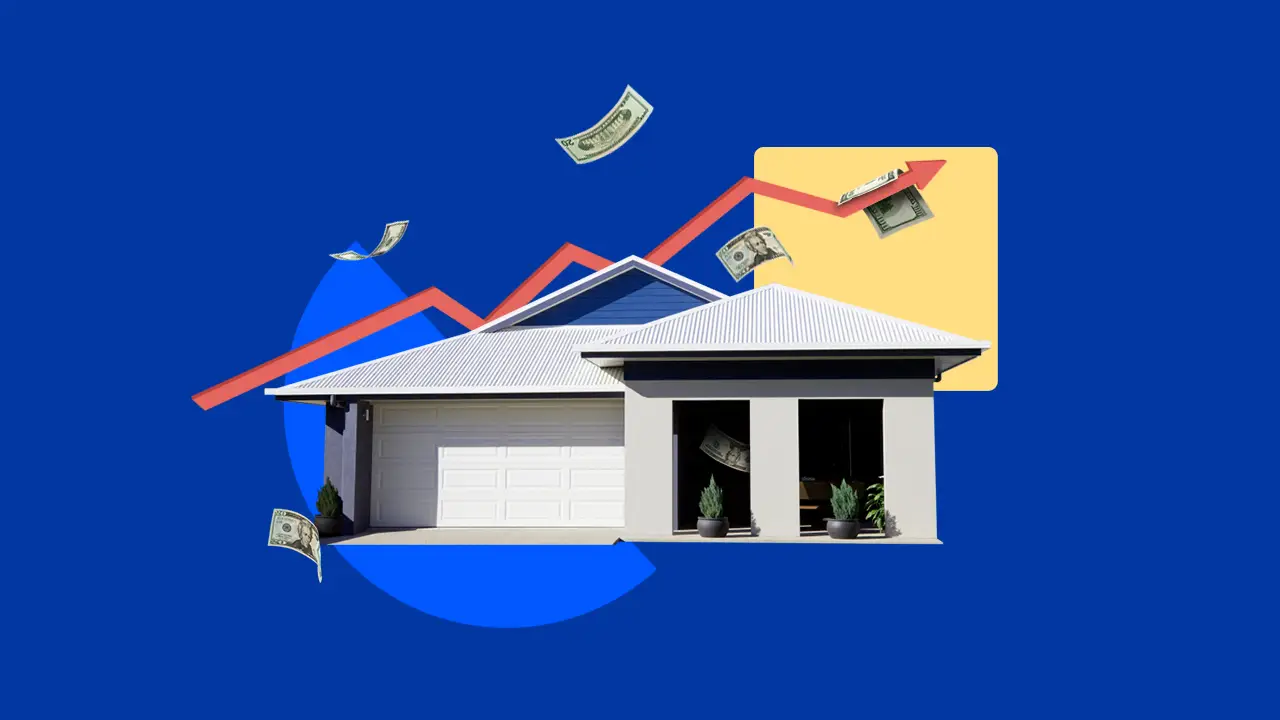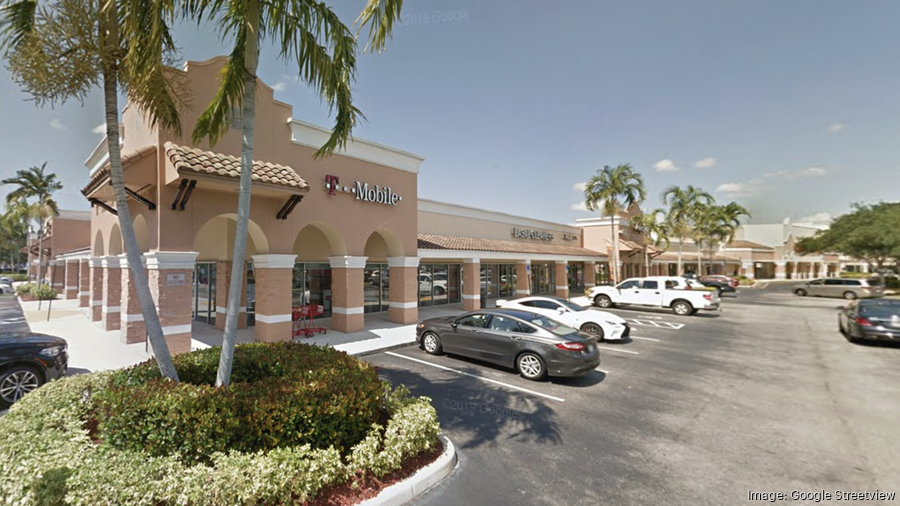Florida Officials Sound Alarm on Special Development Districts: Higher Taxes and Limited Resident Control
The Proliferation of Developer-Controlled Districts Across Florida
Across Florida's Suncoast region, a concerning trend is reshaping the residential landscape: the rapid expansion of special development districts. Local officials are increasingly vocal about potential consequences for homebuyers, including escalating tax burdens and significant traffic congestion. Following an extensive investigation by Suncoast Searchlight, stakeholders from state legislators to county commissioners expressed alarm at the findings, with most emphasizing a clear "buyer beware" approach to these communities.
Perhaps most telling, numerous officials admitted they would personally avoid living in these districts, citing the investigation's revelations about unpredictable fee increases and the troubling absence of resident representation on governing boards. While acknowledging that many homeowners enter these arrangements without full understanding, officials stopped short of proposing substantial reforms to address the accelerating growth of these quasi-governmental entities.
"The scope and scale of community development districts in Florida caught me by surprise, especially right here in Sarasota County," acknowledged County Commissioner Tom Knight. "If these communities become financially unsustainable and properties sit vacant, that's absolutely concerning for the region's stability."
The Financial Infrastructure Behind Developer Districts
Recent investigative reporting revealed that despite numerous defaults during the 2008 economic crisis, these special districts are now more prevalent than ever throughout the Suncoast region. Developers leveraging these government-like entities frequently issue multi-million dollar public bonds to fund infrastructure development, simultaneously dictating repayment terms for future residents while optimizing their own profitability.
The financial scale is staggering: within just the past five years, local districts have issued approximately $2.9 billion in public bonds to finance neighborhood improvements from Parrish to North Port. Unlike traditional municipalities, however, residents of these districts often wait years before gaining any meaningful representation. The investigation found that more than 90% of districts established within the last decade remain under developer control rather than resident governance.
"The original concept may have been well-intentioned, but like many systems, it's been exploited," Commissioner Knight explained. "These districts have essentially become an unchecked mechanism for developers to finance projects on their terms."
Resident Concerns and Limited Recourse
Following the publication of Suncoast Searchlight's "Power and Profit" investigation, neighborhood social media groups across communities like Parrish erupted with concerned discussions. Residents expressed surprise at the widespread nature of these districts, shared frustrations with their own experiences, and sought information about potential remedies when conflicts arise.
Patrick Johansen, who founded the volunteer-based HOA Reform Leaders National Group, emphasized that the findings underscore the urgent need for stronger oversight of bond expenditures and decision-making authority within Florida's special development districts. He stressed that residents should be "extremely" concerned about their proliferation.
"The system is vulnerable to misuse," Johansen warned. "These districts can rapidly evolve into autocratic structures where developers maintain perpetual control."
These special districts—including the widely recognized community development districts (CDDs)—function essentially as supercharged homeowners associations. Each requires establishment through local ordinance or specific state legislation defining their authority.
Legislative Resistance to Reform
Johansen's organization has developed proposed legislation aimed at restoring certain rights to homeowners in these communities, but state lawmakers have shown reluctance to pursue meaningful changes. According to Johansen, this resistance stems largely from powerful lobbying efforts by real estate developers, third-party district managers, and CDD attorneys who actively oppose reforms.
Currently, homeowners seeking to challenge district decisions face expensive legal battles as their primary recourse. Florida Senator Joe Gruters (R-Sarasota) acknowledged he would personally avoid living in such districts, while simultaneously defending the continued approval of new districts, citing apparent market demand from buyers willing to pay premium prices for enhanced neighborhoods.
State records demonstrate that more than one-third of active development districts across the Suncoast region were established within just the last five years, reflecting an acceleration rather than moderation of this trend.
"Special districts serve a purpose," Gruters maintained. "The fundamental question is whether consumers choose to live there. Potential buyers must exercise caution and thoroughly understand what they're committing to."
Infrastructure Funding: Benefits and Burdens
The history of CDDs and similar developer districts in Florida dates back to the early 1980s, when counties faced tighter financial constraints and couldn't independently fund necessary infrastructure. Manatee County Commissioner Tal Siddique noted that these districts can function as "an effective tool" for isolating infrastructure costs to directly benefiting neighborhoods.
"It essentially redirects infrastructure expenses," Siddique explained. "Previous County Commissions were reluctant to finance infrastructure development in certain areas, so they shifted responsibility to CDDs. However, this approach only covers internal roads within gated communities—not the collector roads or other county infrastructure affected by increased development."
While this arrangement prevents homeowners in established areas from subsidizing infrastructure behind gated communities elsewhere, Siddique expressed concern about the districts enabling unchecked residential growth, particularly in areas like Parrish where infrastructure has historically lagged behind development. The resulting strain on countywide transportation networks and stormwater systems represents a growing challenge for county planners and existing residents alike.
Key Insights About Special Development Districts
What exactly are special development districts and how do they differ from traditional HOAs?
Special development districts, including CDDs, are government entities with taxation powers that go far beyond traditional homeowners associations. They can issue tax-exempt bonds, impose special assessments, and maintain infrastructure like roads, water management systems, and amenities. Unlike HOAs, these districts have quasi-governmental authority established through local ordinances or state legislation.
How do I know if I'm buying into a special development district?
Look for disclosure documents during your home purchase process. Florida law requires sellers to disclose CDD involvement, but many buyers don't fully understand the implications. Request information about current and projected assessments, bond obligations, and when residents will gain control of the district board.
Can residents challenge decisions made by developer-controlled district boards?
Yes, but options are limited and often expensive. Legal challenges are the primary recourse, which requires collective action and significant financial resources. Some districts have transitioned to resident control after legal battles, but legislation favors developer interests during the establishment and build-out phases.
Will these special assessments ever end?
Not necessarily. While infrastructure bonds typically have 30-year terms, boards can issue new bonds for additional projects or refinancing. Operation and maintenance fees continue indefinitely, and can increase substantially without resident approval when developers control the board.
What questions should potential homebuyers ask before purchasing in these districts?
Ask about current and projected assessment amounts, the district's debt structure, when resident control of the board will occur, recent fee increases, and whether additional bonds are planned. Speaking with current residents about their experiences can provide valuable insight beyond official documents.

